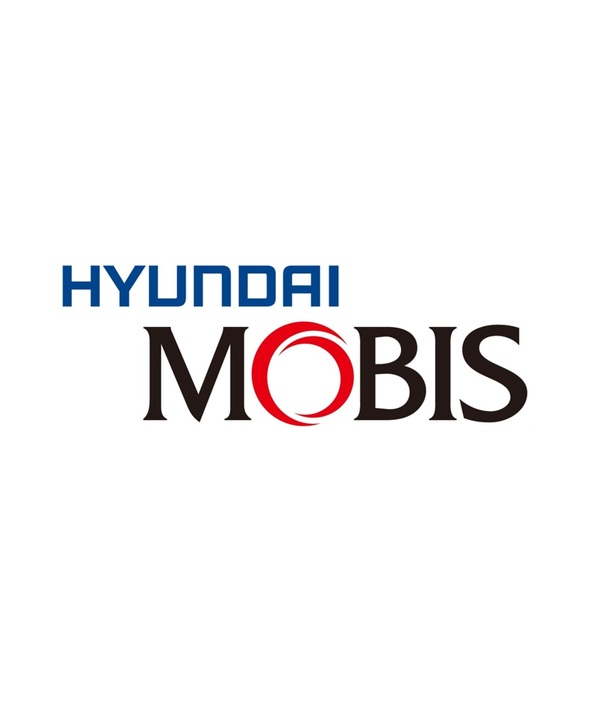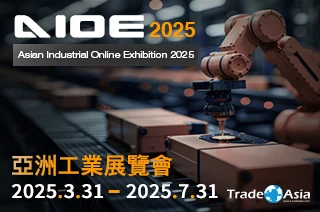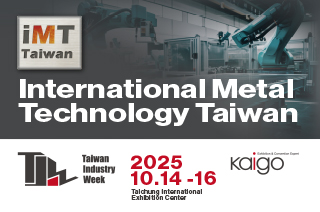Hyundai Mobis Tackles Electric Vehicle Battery Overheating with its New Material Technology
 |
SEOUL, South Korea, Dec. 18, 2024 /PRNewswire/ -- Hyundai Mobis (KRX 012330) announced on 18th that it has developed a new battery cell cooling material to prevent battery overheating during ultra-fast charging of electric vehicles. Hyundai Mobis aims to secure world-class battery cooling technology and commercialize it to enhance its competitiveness in the future mobility market.
This material, referred to as the 'Pulsating Heat Pipe,' is composed of aluminum alloy and refrigerant and is placed between battery cells to lower the internal battery temperature that spikes during rapid charging. Even when battery heat generation increases during ultra-fast charging, it is expected to significantly reduce electric vehicle charging time by implementing a stable thermal management system capable of withstanding the heat.
Heat pipes are metal-tube-shaped thermal conductors that enhance heat transfer efficiency between two objects and are high-heat-dissipation materials used for cooling electronic devices such as computer CPUs and smartphones. Specifically, pulsating heat pipes diffuse heat through the vibration and circulation of refrigerant internally, resulting in minimal performance degradation due to gravity even when applied to high-speed moving vehicles. With over ten times the heat transfer performance compared to standard aluminum, they rapidly move the heat from overheated battery cells to the exterior.
Typically, battery systems (BSA) are constructed by adding battery management systems (BMS), cooling fans, and various electronic devices to multiple battery modules (BMA). BMA, which directly generates electrical energy, is a module-level component with multiple battery cells stacked, and optimizing the cooling structure to prevent battery cell overheating is critical. Hyundai Mobis successfully placed PHPs between each battery cell. They quickly transferred the heat generated in each cell to cooling blocks, thereby stably controlling the internal temperature at the module level.
Hyundai Mobis applied a press process enabling large-scale continuous production in the manufacturing stage, simplifying the PHP manufacturing process and reducing production costs. Additionally, to facilitate mounting on vehicle batteries, it achieved PHPs with a thickness of only 0.8 mm, which is significantly thinner and has a larger area than standard heat pipes (approximately 6 mm). This enhancement in product quality aims to promote the adoption of electric vehicles.
About Mobis
Mobis is the global no. 6 automotive supplier, headquartered in Seoul, Korea. Mobis has outstanding expertise in sensors, sensor fusion in ECUs and software development for safety control. The company's products also include various components for electrification, brakes, chassis and suspension, steering, airbags, lighting, and automotive electronics. Mobis operates its R&D headquarters in Korea, with four technology centers in the United States, Germany, China and India. For more information, please visit the website at http://www.mobis.com.
Media Contact
Choon Kee Hwang : ckhwang@mobis.com
Myong Sun Song: sms@mobis.com
以上新聞投稿內容由 PR Newswire 美通社 全權自負責任,若有涉及任何違反法令、違反本網站會員條款、有侵害第三人權益之虞,將一概由 PR Newswire 美通社 承擔法律及損害賠償之責任,與台灣產經新聞網無關。
















